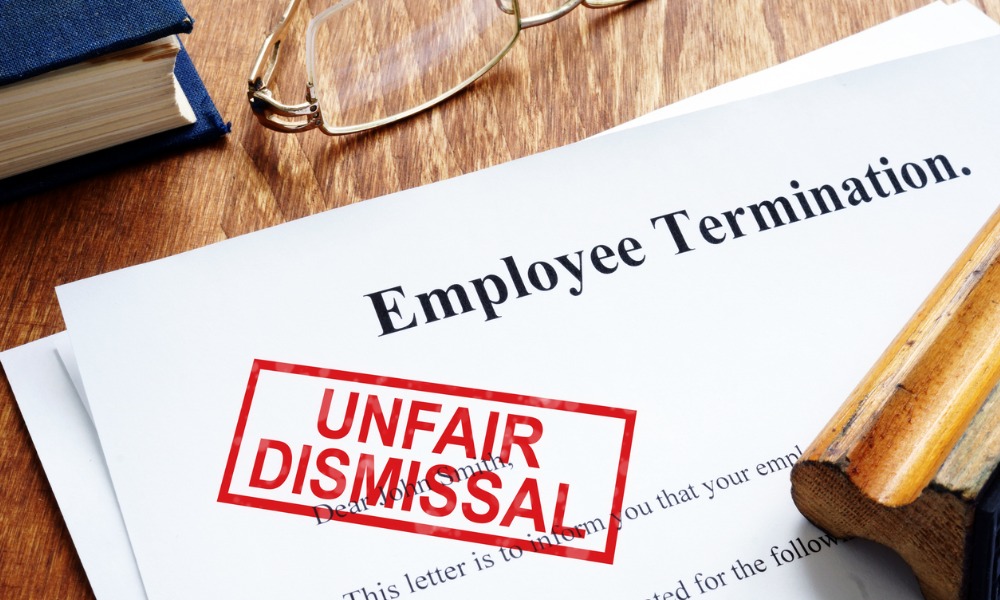With the unemployment rate forecast to increase, recruiters need to learn some bedside manners, one expert says.
With the national unemployment rate continuing to sit between 5.5% and 6%, the number of job seekers – and therefore the work for recruiters – is increasing. Yet it seems the fallow period of the past 12 months has resulted in standards slipping. Tudor Marsden-Huggins, managing director at Employment Office, stated that many recruiters and HR professionals are letting their ‘candidate care standards’ wane.
“Some never did it particularly well in the first place, preferring to spend the vast majority of their time serving the fee-paying client over the non-fee-paying candidate,” he stated.
Marsden-Huggins stated that recruiters have fallen out of touch with the emotional investment and other factors that are at play for a candidate applying for a role. Many candidates may have not had to look for work in a long time, and those who have been made redundant may be feeling desperate.
“Applying for a new job is often a daunting task, and given the recruitment agency model, external recruiters have never been particularly good at smoothing the way for candidates, and their business model doesn't really allow them to be,” he stated.
“The main issue is that recruitment agencies are rewarded for 'selling people'. Their efficiency is derived from dropping low value candidates early and without a thorough assessment, and only focusing on the stronger, high-yield candidates they can place quickly for a profit. That doesn't leave much room for quality candidate care.”
While adopting a more thorough approach to candidate care may go against the grain of the traditional recruiter model, Marsden-Huggins believes that it will benefit the industry in the long run.
“Businesses who choose to adopt the right candidate care process, where all applicants are kept properly informed and engaged, are not only in the best position to determine the candidate who is the best fit for their organisation and the role, they are also at a distinct advantage in projecting and protecting a positive recruitment brand to the candidate market.”
With the recruitment agency model under threat from economic pressures and greater access to candidate pools via services such as SEEK and LinkedIn, agencies are forced to adopt more streamlined processes, which Marsden-Huggins believes is a catalyst for the drop in care.
Key HR takeaways
In order to keep costs down but keep care up, Marsden-Huggins suggests organisations adopt a number of procedures – including a ‘shortlisting’ team. He outlined the steps:
-
Use e-recruitment software to handle the basic tasks and save time, such as automated emails when applications are received, generated emails after phone interviews to notify if an applicant has been successful, etcetera.
-
Ensure all phone calls and emails are returned within 24 hours.
-
Gauge candidate feedback on the process through regular workshops. This can also ensure all recruiters are consistently sticking to the policies and procedures.
- Provide greater feedback to candidates. Being told they didn’t get the job because there was ‘a stronger candidate’, or not given a reason at all is damaging to self-esteem and causes frustration. Instead, provide more thorough and analytical feedback so the candidate still feels the process was worthwhile.








